Justice, Mission and Disability
I stood at the front of a chapel a few weeks ago, the spring Baltimore sunshine cutting through stained glass. Facing me, thirty-one individuals stood. Nearly one third of the room. These thirty-one people were standing to represent the 31.9% of non-institutionalized adults with disabilities in the US who live in households under the poverty line. They sat down. Others stood to represent the 70% of people with disabilities who report experiencing abuse and the 44.7% of people with intellectual or developmental disabilities who report loneliness. And then nearly everyone stood to represent the 90% of people with disabilities who don’t have access to the gospel. As everyone was seated, the room was sober and silent. These statistic can be overwhelming. We had all come to this conference on Justice and Mission asking God to teach us how to be better lovers of justice. Many in the room had never thought about disability in the justice conversation. Many were deeply engaged in poverty alleviation, employment efforts, education, or discipleship, but most had never thought about how disability intersects with each of these areas.
In a world where marginalization tends to breed marginalization, it is no wonder that when the master of the banquet in Luke 14 sent his servants out to bring in the “crippled, the lame, and the blind” to his banquet, he sent them to the alleys and highways, not to the palaces and estates. And it is no wonder that today, when we address disability in our churches, we are likely to encounter many other complex inequities.
It can be easy to get lost in the weight of injustice. But God has always been a God that has sought justice for people—even explicitly putting statutes in place to protect people with disabilities; see Leviticus 19:14.
How can each follower of Jesus pursue justice for people with disabilities? We see in David a paradigm when he meets Mephibosheth. In 2 Samuel 9, we see David exemplify three simple practices that can help combat injustice and inequity for people with disabilities.
He pursued relationship, inviting Mephibosheth to dine with him daily for the rest of his life. Instead of giving Mephibosheth a one-time handout, he committed to the long-term work of inviting Mephibosheth into his personal life.
He spoke truth about Mephibosheth’s value. Though Mephibosheth identified himself as a “dead dog,” David treated him like one of the “king’s sons.” David modeled to the world and to Mephibosheth himself the value that he had.
He thought of both immediate and systemic needs. Not only did David immediately begin providing meals for Mephibosheth, he also restored Mephibosheth’s rightful property to him and provided for the labor needed to tend to his fields. Maybe you don’t have property that can be restored to someone with a disability, but maybe you have a network, a job skill, or time that you can restore to try to bring justice to at least one person.
We are not just concerned about justice as an end. We also care about justice because it is an essential mechanism for the nine million people with disabilities who don’t have access to the gospel to experience its transformative power firsthand. As we pursue justice for people with disabilities, my prayer is that we will see God glorified.
This blog was originally written by our team members Hunter and Amberle Brown. You can find the original post on Key Ministry’s blog from May 16, 2019.
